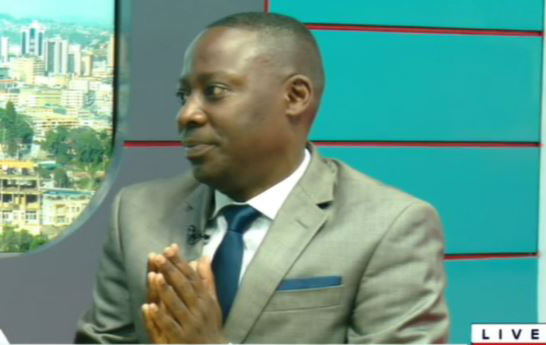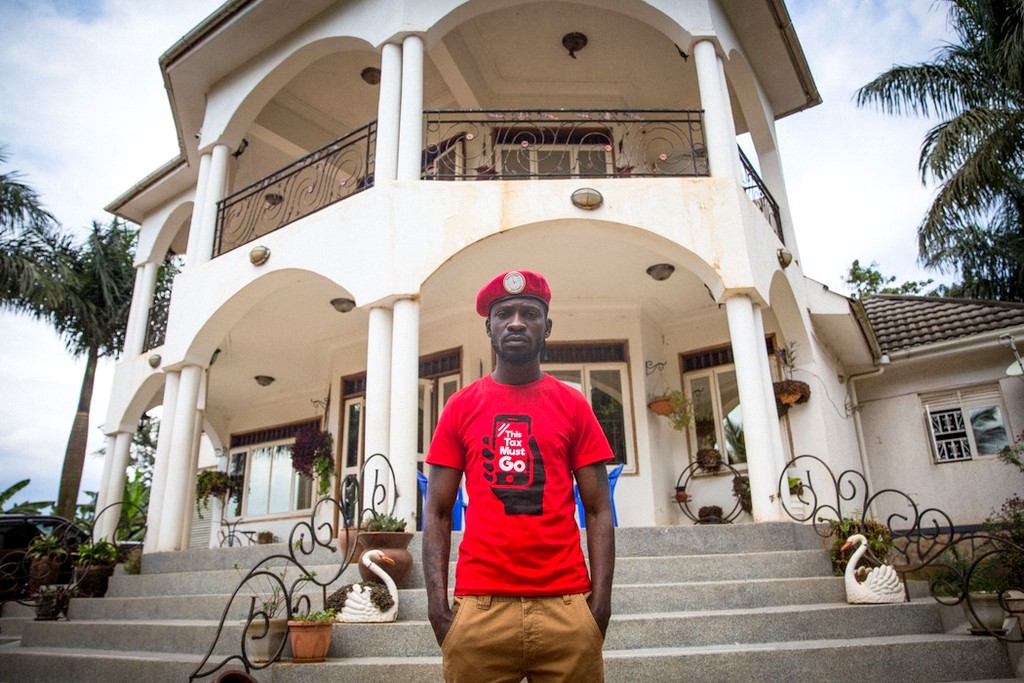At Makerere University, third-year student Hillary Odwee Oremo has petitioned the University Council to eliminate the 15 percent annual tuition increase for students who are privately sponsored.
Odwee’s petition is filed just a few months before the two-year moratorium on the application of the 15% tuition increase is set to expire.
The moratorium was put in place in August 2021 following a series of meetings between the student leaders, including former Guild President Ivan Ssempijja, and the university administration.
The COVID-19 pandemic, which left many of their parents unemployed and at risk, was cited by the students as the reason for the delay of the tuition increase. The University Council decided to put a two-year hold on the 15% hike.
Today, in his petition dated March 17, 2023, addressed to Lorna Magara, the chairperson of the university council, Oremo claims that the policy is unjustified because it isn’t achieving its aims.
The policy’s continuous presence is the biggest barrier for many students, according to Oremo, who stated in an interview with URN that his biggest hope is to see the University council permanently revoke it.
In his petition, he points out that the money raised by the policy does not signal a change for the better in the services provided to students, particularly in terms of sanitation, lab facilities, internet access on campus, health services, and dorms.
The University’s resident halls have long been the subject of complaints from a number of people due to their poor condition, which is typified by faded walls, leaking ceilings, broken windows, and outdated restrooms.
Block C at Lumumba Hall alone has been sealed off since 2006 due to its bad condition, but the renovation has been pending ever since.
Oremo claims that although improvements to the residence halls are being made, they should have started happening right away after the policy was put in place.
He claimed that although students, notably those from the College of Humanities and Sciences—CHUSS—have long complained about having too few lecture rooms, the university administration has not made any attempts to address the matter.
Because Professor Kakumba, the Deputy Vice-Chancellor of Academic Affairs, had not yet responded to our inquiries as of the time this report was filed, the University administration has not yet been successful in resolving Oremo’s appeal.
But, a week ago, Kakumba announced that the University had agreed to support the earlier resolution to cease the 15% percent growth for a term he did not specify after realizing that the circumstances that led to the suspension in 2021 are still in force.
According to Guild Academic Minister Kelvin Luyombya, many students who were little affected by the policy’s introduction will feel a great deal of relief once the University agrees to end it.
Additionally, he requested that the policy be completely abandoned by the university, claiming that it is both unrealistic and insensitive to the difficulties that students face.
2018 saw the recommendation of the 15% Cumulative Increment by student leaders led by former Guild President Papa Were to replace the University Council’s proposed 41 and 91 percent increases, which sparked protests.
Three weeks into the 2018–19 academic year, the university council subsequently accepted the 15 percent cumulative tuition increase, which will apply to new enrollees who began at the institution in August 2018.
This meant that for the following five academic years, the university would raise tuition by 15% annually.

















